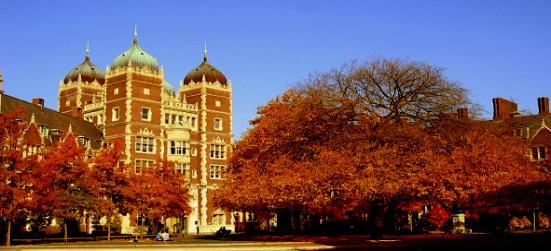Call for papers
Multivariate and predictive analysis of neuroimaging data has gained ground very rapidly in the community over the past decade, leading to impressive results in cognitive, affective, and clinical neurosciences. Innovations in machine learning, such as mixed-norm regularization, multiple kernel learning, sparse decompositions, and online learning have been incorporated swiftly, and novel methods are emerging which are specifically tuned to the constraints of neuroimaging data, prompting advances in areas such as structured sparsity, covariate modeling, and many others. Pattern recognition and machine learning conferences now typically feature a neuroimaging workshop, while neuroscience and brain imaging meetings dedicate sessions and track to "brain decoding” and multivariate predictive methods. Thus, a rich two-way flow has been established between disciplines. After Istanbul (Workshop on Brain Decoding 2010), Seoul (PRNI 2011), and London (PRNI 2012), it is the intention of the 3rd International Workshop on Pattern Recognition in NeuroImaging to continue facilitating an exchange of ideas between scientific communities, with a particular interest in the link between mass-univariate, post-hoc modeling and multivariate predictive models. The scientific program will feature a wide range of presentations and posters focusing on functional and structural multivariate image analysis and machine learning methods, including basic methodology and applications, as well as two keynote addresses by Tom Mitchell, a leader in machine learning and its application to functional neuroimaging, and Steve Smith, a leader in multivariate functional image analysis and brain connectivity. Tutorials will also be presented focusing on practical application of advanced methodologies.
Keynote speakers

Steve Smith
is Professor of Biomedical Engineering and the Associate Director at The Oxford University Centre for Functional Magnetic Resonance Imaging of the Brain (FMRIB). The Analysis Group, which he started in 1997, now comprises about 20 research fellows, postdocs, students and support staff, carrying out brain image analysis and statistics research: image reconstruction, artefact removal, motion correction, image and signal ?ltering, registration, 4-dimensional statistical modelling, diffusion morphometry and tractography, segmentation, structural brain change mapping and pathology analysis. The Analysis Group also provides the tools, environment and training for FMRI and MRI analysis, supporting a large number of imaging applications researchers. It has produced the brain image analysis software package FSL (FMRIB Software Library) which is widely used in many laboratories internationally. Prior to taking up the position at FMRIB, Smith worked on a number of projects in the areas of computer vision, image processing, arti?cial intelligence, robotics and parallel processing for real-time systems, during his DPhil and at the Defence Research Agency.




